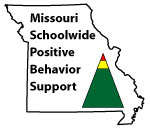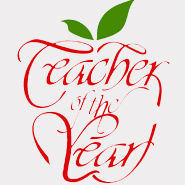
Washington wrote detailed instructions for everything under the winter sun - even describing how to cut cloth. Edward Lengel describes more in General George Washington.
Minutiae nevertheless did not distract Washington from fundamental needs like food and clothing. These were always his prime concern. He monitored the supply situation daily, for experience had taught him not to leave this duty to subordinates. He told commissaries where to look for cloth or provisions, directed quartermasters in procure horses and wagons, determined the routes individual convoys took to camp, traced their progress through the country, and made sure they were not diverted.
He didn't know what kind of force he would have left to face the British when the season changed, and he probably shuddered to think what would happen to his army if the war lasted longer. Even with the worst conditions surrounding him, George Washington still thought about the war - not only strategy, but survival. He cared for the men placed in his care, even if they were strangers to military techniques.
At some point, with the loss of control a man fights for it even more. This was the winter - the winter at Valley Forge - that George Washington and some highly significant second-hand men had to take control, all of this while inoculating everyone from smallpox and establishing more sanitary restroom facilities.
A fourth grader might glean some positive ideas from such a lesson:
- A person can indeed thrive under the worst of conditions.
- A person can bounce back from defeat.
- Self control is better than being controlled by someone else.
- Sometimes instructions must be explicit.
- Learning can be painful.
- Dig your latrine away from camp.






































